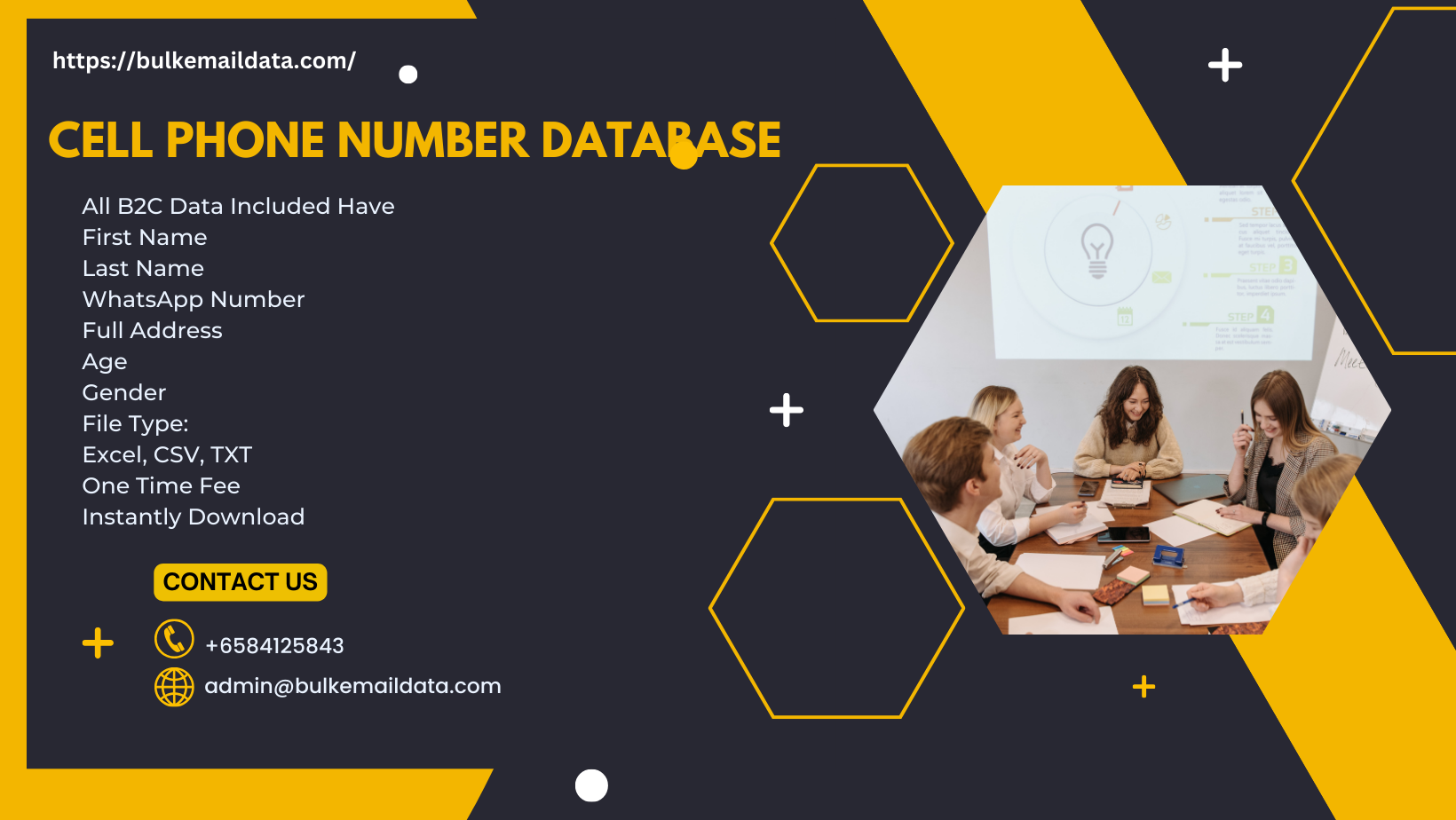|
|
Every year, scammers use the Internet or telephone to convince millions of people to send money or give out personal information. They are charming, persuasive, and make false promises of winning the lottery, a prize, or companionship. They may know your name and make you feel special. Scammers often claim to work for a well-known organization.
Seniors are vulnerable to fraud because they live alone and have savings. The Tennessee Attorney General's Office's goal is to educate seniors, their families and caregivers about online and telephone sales fraud and the resources available to stop and report it.
HOW SCAMMERS WORK ON THE PHONE OR ON THE INTERNET
Scammers offer prizes, products or services. They want you to say “yes” as soon as possible and claim that the offer is urgent and compelling. They may even threaten you and tell you that you could be arrested or sued if you don’t pay them now. Be on the lookout for the following phrases:
Imposter scams : Someone sends you an email or message pretending to be a family member or potential admirer. They try to gain your trust and then convince you to send them money.
Grandparent/Grandchild Fraud: “ Grandma, I need money to pay bail. Don’t tell Mom! ”
Romance Scam: “ I would love to visit you so much, but I don’t have enough money for the plane ticket .”
Tech support scams : You receive an email or a browser Cell Phone Number Database alert tab that says your computer has a virus or some other security problem and instructs you to call a tech support company. The tech support company requests remote access to your computer so they can fix the problem. Once they have access, they tell you that your computer has multiple viruses that can only be removed by paying a large fee. Or they may install malicious software to steal your personal information, such as your usernames and passwords.
Lottery fraud : Scammers claim to be from an official lottery or raffle company and tell you that you have won money, which is false. The company requires you to pay a sum in advance to cover fees and taxes but never sends you the supposed winnings.
Phishing scam : Scammers pretend to be from a credit card company or bank and convince you to give them your personal information. They may send you a fraudulent email or text message that says something like this:
Warning: We have detected an unauthorized transaction on your account. To ensure your account is not compromised, please click the link below and confirm your identity.
Our records indicate that excessive charges have been made to your account. Please contact us immediately for a refund.

IRS Imposter Scam : Impostors pretend to work for the Internal Revenue Service (IRS), and claim that you owe back taxes. They may threaten to arrest or deport you or take away your driver's license if you don't pay them. They may say that they need your bank account number so that you can receive a tax refund. If you have any doubts, call the IRS directly to verify what you've been told at: (800) 366-4484, or visit the website at: reportphishing . Remember, the IRS will initially contact you by correspondence (NOT email or phone) and will always give you the opportunity to question or appeal any amount they say you owe, and would never threaten to arrest you if you don't pay.
Utility Bill Fraud : Scammers claim to work for your local utility company, tell you that you are behind on your bill and will shut off your service if you don't pay immediately. They ask for your credit card information over the phone. Remember, utility companies usually mail bill late payment notices. Call your utility company directly at the phone number on your bill to check if you owe any money.
|
|